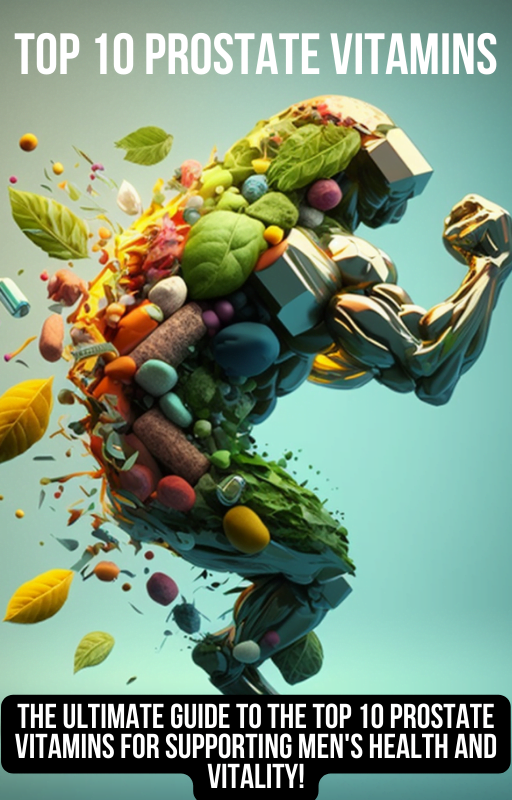Outline:
I. Introduction
A. Definition of 17 Alpha Hydroxylase Deficiency
B. Importance of Collaborative Approach in Managing 17 Alpha Hydroxylase Deficiency
II. Case Study Overview
A. Background Information
B. Initial Diagnosis and Management
III. Collaborative Approach in Management
A. Multidisciplinary Team Involvement
B. Role of Primary Care Physician
C. Role of Endocrinologist
D. Role of Patient and Family
IV. Pharmacological Management
A. Medications Used in Managing 17 Alpha Hydroxylase Deficiency
B. Dosage and Administration
C. Adverse Effects
V. Non-Pharmacological Management
A. Dietary Modifications
B. Lifestyle Changes
VI. Monitoring and Follow-Up
A. Laboratory Monitoring
B. Clinical Monitoring
VII. Treatment Challenges and Strategies
A. Adherence to Medication Regimen
B. Managing Adverse Effects
C. Effective Communication among Team Members
VIII. Conclusion
A. Importance of Collaborative Approach in Managing 17 Alpha Hydroxylase Deficiency
B. Future Directions in Management
IX. FAQs
Article:
Collaborative Approach to Managing 17 Alpha Hydroxylase Deficiency: A Case Study
Introduction
17 Alpha Hydroxylase Deficiency is a rare genetic disorder that affects the endocrine system. It results from a mutated CYP17A1 gene, which encodes for an enzyme that is essential in steroid biosynthesis. The condition has several clinical presentations, the common ones being hypogonadism, hypertension, and hyperkalemia. The diagnosis of 17 Alpha Hydroxylase Deficiency can be challenging, and the management is complex. A collaborative approach to managing the condition is, therefore, necessary to improve patient outcomes.
Importance of Collaborative Approach in Managing 17 Alpha Hydroxylase Deficiency
A collaborative approach to managing 17 Alpha Hydroxylase Deficiency is essential because it is a complex condition that requires a multidisciplinary team to improve patient outcomes. Management of 17 Alpha Hydroxylase Deficiency requires the involvement of several healthcare professionals, including primary care physicians, endocrinologists, nephrologists, urologists, and genetic counselors, among others. This approach ensures that each patient receives comprehensive care that considers all aspects of their health and well-being.
Case Study Overview
Ms. A, a 32-year-old Hispanic female, visited her primary care physician complaining of amenorrhea, acne, and facial hair growth. The physician ordered laboratory tests that revealed elevated testosterone levels, low estrogen levels, and hypertension. She was referred to an endocrinologist, who did further tests that indicated 17 Alpha Hydroxylase Deficiency.
Collaborative Approach in Management
Ms. A’s treatment was a collaborative effort between a multidisciplinary team. The team comprised of the primary care physician, endocrinologist, and nephrologist. The patient and her family were also involved in the management plan. The team employed a stepwise approach to treatment that began with pharmacological management and then non-pharmacological management.
Pharmacological Management
The pharmacological management of 17 Alpha Hydroxylase Deficiency focuses on managing the symptoms of the condition. The medications used in managing this condition include mineralocorticoids, glucocorticoids, and sex hormones. Ms. A was started on oral hydrocortisone, fludrocortisone, and ethinyl estradiol-cyproterone as part of her medication regimen. The dosages were adjusted based on the patient’s response to treatment. The team identified potential adverse effects of the medications and monitored Ms. A for these complications.
Non-Pharmacological Management
Non-pharmacological management of 17 Alpha Hydroxylase Deficiency involves lifestyle changes and dietary modifications. The team advised Ms. A to maintain a low-sodium diet that can help reduce hypertension. She was also advised to engage in regular physical activity to promote overall health. The patient was counseled on the importance of good sleep hygiene and stress management techniques to help regulate cortisol levels.
Monitoring and Follow-Up
Monitoring and follow-up are critical in managing 17 Alpha Hydroxylase Deficiency. The team monitored Ms. A’s blood pressure, electrolyte levels, and steroid hormone levels regularly. They also assessed her response to medication and made necessary adjustments. The team evaluated the patient’s overall health and well-being, ensuring that no adverse effects of the disease were overlooked.
Treatment Challenges and Strategies
Managing 17 Alpha Hydroxylase Deficiency can be challenging because the condition is complex, and the management plan is individualized. The team identified several challenges that include adherence to medication regimens, managing adverse effects of medications, and effective communication among team members. To address these challenges, the team employed several strategies, including patient education on medication regimens, monitoring for adverse effects of medications, and regular team meetings to ensure effective communication.
Conclusion
Ms. A’s case demonstrates the importance of a collaborative approach to managing 17 Alpha Hydroxylase Deficiency. It is a complex condition that requires a multidisciplinary team to ensure comprehensive care for the patient. Future research is essential in improving the diagnosis, management, and treatment of this rare genetic disorder.
FAQs
1. What is 17 Alpha Hydroxylase Deficiency?
17 Alpha Hydroxylase Deficiency is a rare genetic disorder that affects the endocrine system. It results from a mutated CYP17A1 gene, which encodes for an enzyme that is essential in steroid biosynthesis.
2. What are the clinical presentations of 17 Alpha Hydroxylase Deficiency?
The common clinical presentations of 17 Alpha Hydroxylase Deficiency include hypogonadism, hypertension, and hyperkalemia.
3. How is 17 Alpha Hydroxylase Deficiency diagnosed?
The diagnosis of 17 Alpha Hydroxylase Deficiency is made through laboratory tests that indicate lower cortisol and testosterone levels.
4. What medications are used in managing 17 Alpha Hydroxylase Deficiency?
The medications used in managing 17 Alpha Hydroxylase Deficiency include mineralocorticoids, glucocorticoids, and sex hormones.
5. What are the potential adverse effects of pharmacological management?
The potential adverse effects of pharmacological management include osteoporosis, weight gain, hypertension, and hyperglycemia. Regular monitoring can help mitigate these complications.


